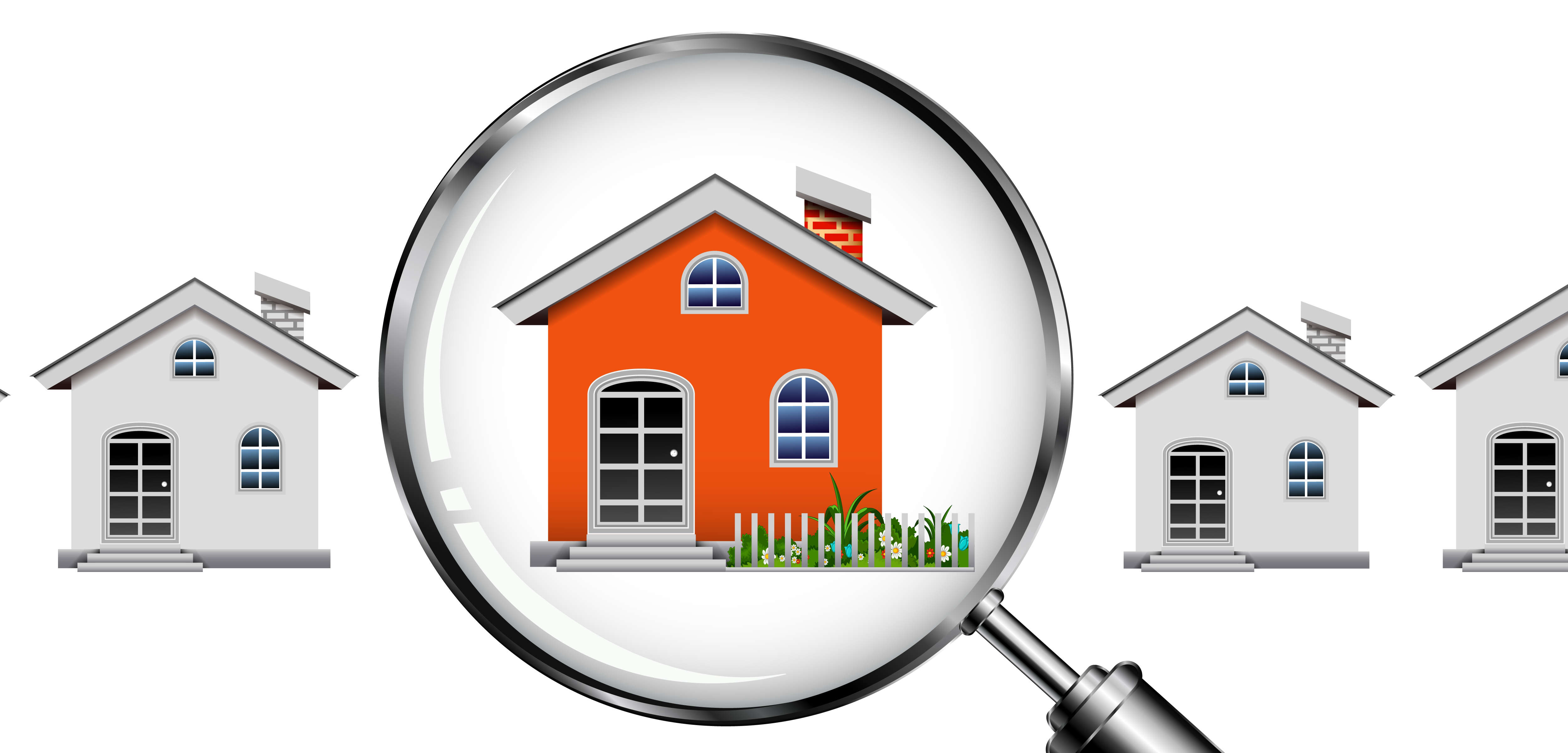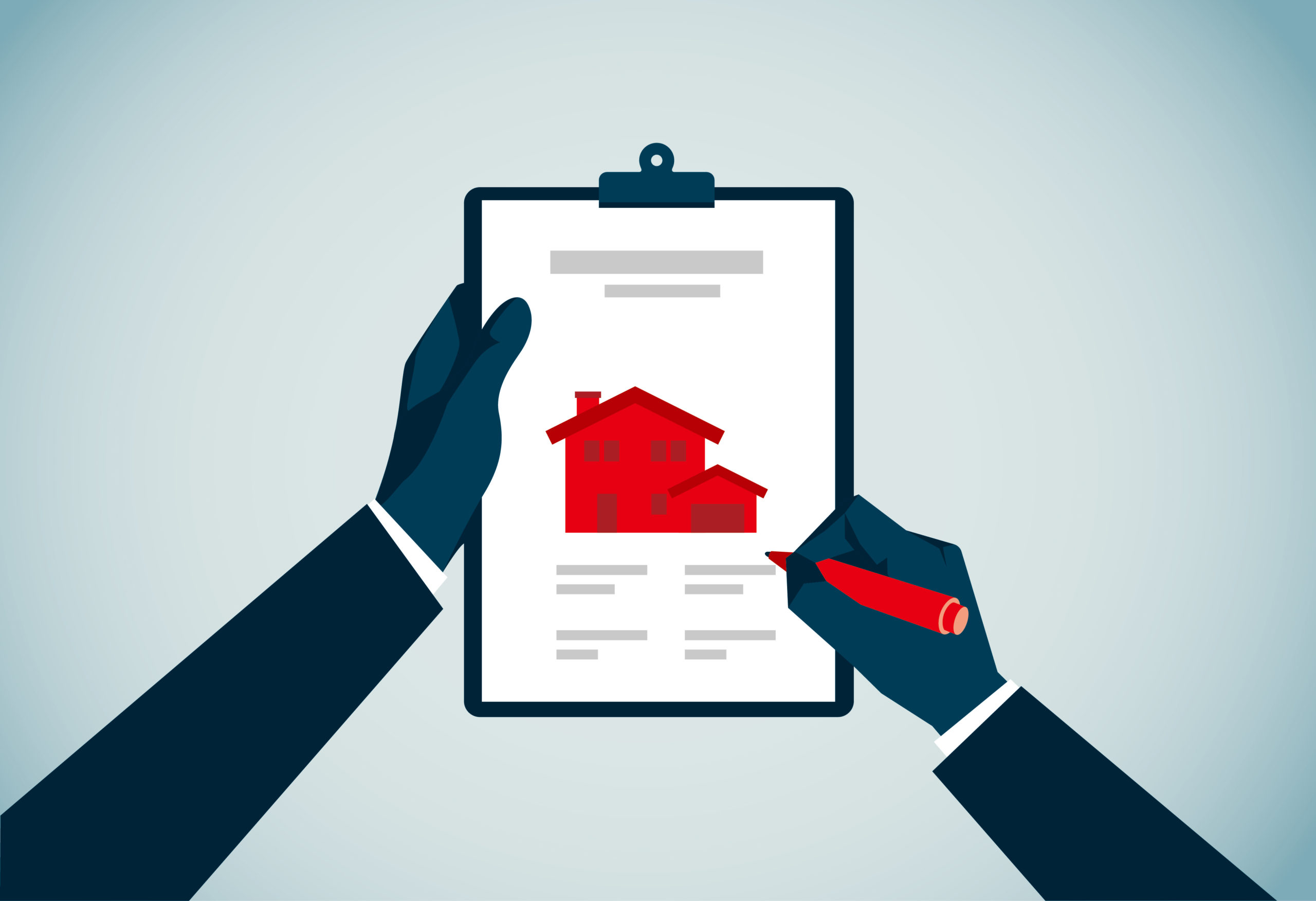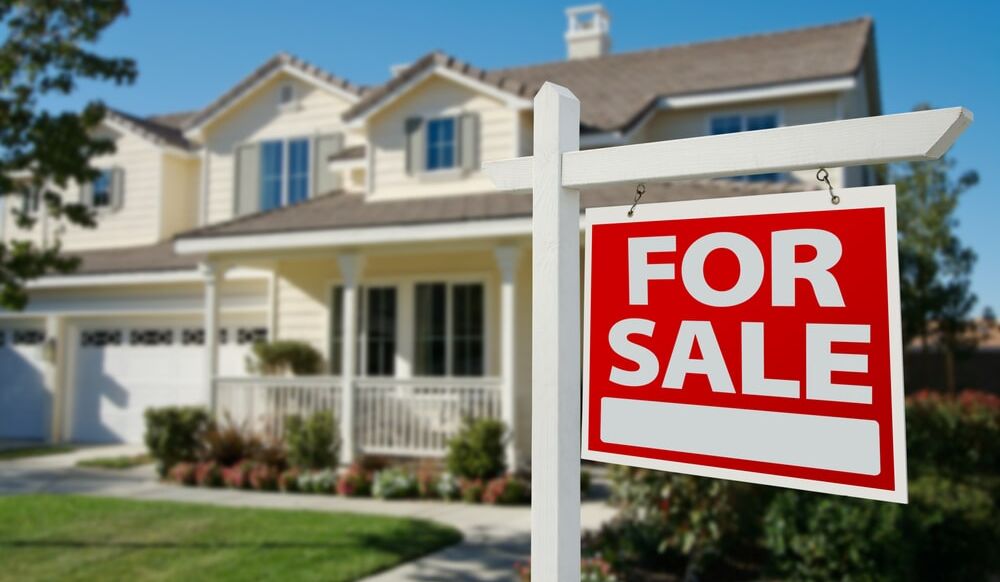How to Buy a House in Alberta: A Step-by-Step guide
Wondering how to buy a house in Alberta? Whether you’re a first-time buyer or a seasoned investor, navigating the real estate market can feel overwhelming. With changing interest rates, evolving government incentives, and a competitive housing market, it’s crucial to have a clear roadmap to homeownership.
Alberta offers some of Canada’s most affordable housing options, with no provincial sales tax and strong economic growth. But with so many factors to consider—down payments, mortgage approvals, closing costs, and legal requirements—where do you start?
Imagine stepping into your dream home, knowing you made a smart, informed decision. No regrets, no costly mistakes, just the perfect home at the right price. This guide will take you through each stage of the home-buying process, from budgeting and mortgage pre-approvals to closing the deal with confidence.
Keep reading for a step-by-step guide on buying a house in Alberta, including expert tips, insider insights, and links to essential resources that will make your home-buying journey seamless. Let’s get started!
1. Assess Your Financial Readiness

Before embarking on the home-buying journey, it’s crucial to evaluate your financial situation thoroughly. Start by assessing your income and employment stability. Lenders prefer a steady income and strong employment history. A consistent job shows your ability to handle long-term financial commitments.
Your credit score is key to securing favorable mortgage rates, and a higher score can save you money. Check your credit report for errors and correct them as needed.
Additionally, focus on your debt-to-income ratio, as lenders prefer a lower ratio, indicating you’re not over-leveraged.
Finally, ensure you have enough savings for the down payment (5%–20%) and closing costs (2%–4%). Proper financial preparation is essential for a smooth process.
- Income and Employment Stability: Ensure you have a consistent income and stable employment history.
- Credit Score: A higher credit score can secure better mortgage rates. Obtain your credit report and address any discrepancies.
- Debt-to-Income Ratio: Lenders prefer a lower ratio, indicating you have manageable debt relative to your income.
- Savings for Down Payment and Closing Costs: Aim to save at least 5% to 20% of the home’s purchase price for the down payment. Additionally, budget for closing costs, which can range from 2% to 4% of the purchase price.
Resource: For a detailed breakdown of potential expenses, refer to ATB Financial’s guide on The True Cost of Buying a Home in Alberta.
2. Understand Alberta’s Housing Market

Alberta’s real estate market fluctuates between buyers and seller’s markets:
- Seller’s Market: In this scenario, there’s high demand for homes with limited inventory, leading to increased competition and higher prices. Buyers may need to act quickly and be prepared to offer above asking price to secure a property.
- Buyer’s Market:In contrast, this market features an abundance of listings and fewer buyers, which can result in more negotiable prices and better deals for buyers.
Stay informed about current market conditions by consulting reputable sources and local Alberta real estate reports. Contact me with any questions about current market conditions
Resource: The Government of Alberta provides insights on Purchasing a New Home.
3. Explore Mortgage Options and Get Pre-Approved

Securing a mortgage pre-approval strengthens your position as a serious buyer and helps you understand how much you can afford. There are different mortgage types to consider:
- Fixed-Rate Mortgage: Offers stability with a consistent interest rate throughout the term.
- Variable-Rate Mortgage: Interest rates fluctuate based on market conditions, which could offer lower rates but with more risk.
- Amortization Period: Generally, ranges from 15 to 25 years, affecting your monthly payment and the total interest paid.
- Mortgage Default Insurance: If your down payment is below 20%, this insurance is required to protect lenders, but it can increase your monthly payments.
It’s essential to compare mortgage options to choose the best fit for your financial situation.
Resource: ATB Financial offers a Complete Guide to Buying a Home in Alberta that delves into mortgage options and the pre-approval process.
4. Identify Your Ideal Home and Location

When selecting your future home, consider the type of dwelling (single-family, townhouse, or condo) and the location. Proximity to work, schools, amenities, and public transportation can impact your daily convenience.
Think about the community’s vibe, whether it’s family-friendly or quiet, and check for future development plans that could influence property values.
Also, plan for your future needs. Consider the potential for family growth, the need for a home office, or space for accessibility. Ensuring the home accommodates your long-term lifestyle will help you make a wise investment.
- Type of Dwelling: Single-family home, townhouse, condominium, etc.
- Location: Proximity to work, schools, amenities, and public transportation.
- Community: Safety, neighborhood vibe, future development plans.
- Future Needs: Potential for family growth, home office space, accessibility features.
Resource: Check this out for insights into various communities and home options
5. Engage a Real Estate Professional

Engaging a licensed real estate professional is one of the smartest moves you can make when buying a home in Alberta. They provide expert guidance and save you time by narrowing down options that fit your needs and budget. With access to exclusive listings and up-to-date market information, agents can help you identify the best properties before they hit the open market. Their negotiation skills are invaluable, ensuring you get the best price and terms, especially in competitive markets. Additionally, they handle all the paperwork, contracts, disclosures, and legal documents ensuring everything is in order for a smooth transaction.
- Market Expertise: Access to the latest listings and market trends.
- Negotiation Skills: Advocacy during offer and counteroffer stages.
- Paperwork Management: Handling contracts and legal documents.
Resource: Learn more about the role of real estate agents from the Real Estate Council of Alberta.
6. Conduct Thorough Home Searches

When conducting a thorough home search, your real estate agent will be a key ally in finding the right fit for you. They’ll help you attend open houses and private showings, giving you the opportunity to closely assess the property’s condition, layout, and overall feel. It’s important to evaluate multiple properties so you can compare key factors such as price, size, and features. Your agent will help you weigh the pros and cons of each property, ensuring that you’re making an informed decision.
In addition to your immediate needs, consider the home’s future resale value. Homes in sought-after neighborhoods, or with unique features (like large yards, energy-efficient upgrades, or proximity to amenities), tend to hold or increase their value over time, making them a solid investment. Your agent can also help identify potential red flags that may affect resale down the road.
- Attend Open Houses and Showings: Assess the property’s condition and layout.
- Evaluate Multiple Properties: Compare features, prices, and potential resale value.
- Consider Future Resale Value: Homes in desirable locations or with unique features may appreciate more over time.
Resource: For a step-by-step approach, refer to the Step-by-Step Guide to Buying a New Home in Alberta.
7. Make a Well-Informed Offer

Once you’ve found the right home, it’s time to make a well-informed offer. Start by determining the offer price based on comparable sales in the area and current market conditions. Your real estate agent can help you evaluate recent sales to ensure you’re offering a competitive price.
It’s crucial to include contingencies in your offer, such as financing approval, a satisfactory home inspection, and possibly the sale of your current home. These contingencies protect you from unexpected issues during the transaction.
Also, set a closing date. This gives both parties a clear timeline for finalizing the sale and moving forward. Flexibility can be a negotiation tool.
- Determine Offer Price: Based on comparable sales and market conditions.
- Include Contingencies: Such as financing approval, satisfactory home inspection, and sale of your current home.
- Set a Closing Date: Agree on a timeline for finalizing the sale.
Resource: ATB Financial provides insights on [Making an Offer on a House](https://www.atb.com/personal/good-advice/home-buying-and-mortgages/the-basics-of-making-an-offer-on-a
As always, you can contact me here for all things real estate. I’d be happy to help!
Other Frequently Asked Questions:
-
How long does the home-buying process take in Alberta?
The home-buying process typically takes anywhere from 30 to 60 days, depending on the complexity of the deal and the buyer’s preparedness. It can take longer if you’re in a seller’s market or need more time for financing approval. -
Do I need a lawyer to buy a house in Alberta?
While it’s not mandatory to hire a lawyer, it’s highly recommended to have one review your purchase agreement and handle legal documents. A lawyer can help ensure that the transaction is legally sound and protect your interests. -
What are the property taxes like in Alberta?
Alberta does not have a provincial sales tax, but property taxes are assessed by the local municipality. Tax rates vary depending on the location, so it’s important to check with the city or town where you’re buying. -
Can I buy a home in Alberta if I’m not a Canadian citizen?
Yes, non-residents and foreign nationals can buy property in Alberta, though there may be additional restrictions or taxes. It’s important to consult with a real estate professional familiar with the regulations for foreign buyers. -
What are some common mistakes first-time homebuyers make in Alberta?
First-time homebuyers often overlook extra costs like property taxes, home insurance, and utilities when budgeting. Not getting a home inspection or neglecting to consider long-term needs can also lead to regret after purchase.


